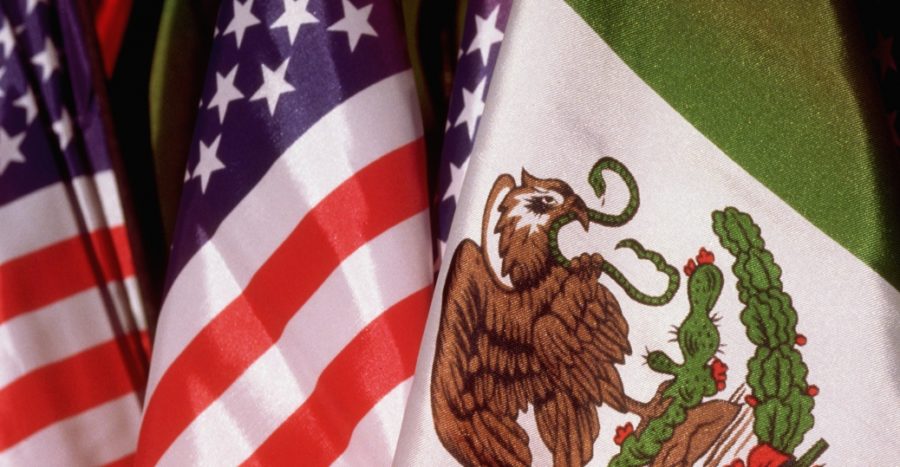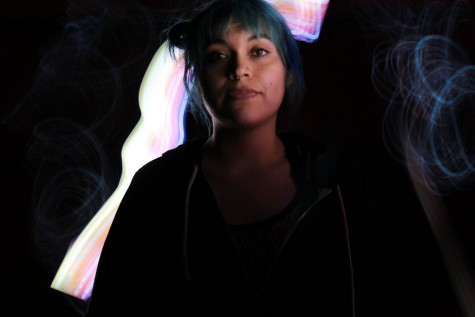From the moment my mother and I arrived in the United States, I was told to never share the fact that I was “illegal” because I would get deported.
I never understood why kids at my school could talk so openly about being undocumented immigrants, or why they were always expressing such pride and honor about being Latino.
I felt the need to hide behind my so-called “whiteness” and let people make hurtful, racist Mexican jokes in front of me because I told myself they didn’t apply to me.
I was so focused on assimilating, I was willing to abandon my roots. Not even the Latino kids considered me Mexican. Most of them made fun of me for being so “white-washed.”
I was born in Mexico and I’m still not a U.S. citizen. I’ve lived in California for the majority of my life, but since I was brought to the U.S. illegally when I was five years old, I’m not considered American. At the same time, I’m not what others consider a true Latina.
Growing up I was thrown into a gray area where I never felt like I belonged in either of those categories. I wasn’t comfortable discussing being a first-generation American until I became eligible for President Obama’s Deferred Action. The program allowed me a two-year work permit in the U. S. and to obtain a drivers license. However, it was not a pathway to citizenship.
To apply for Deferred Action I had to reach out to the Latino community, where I met people who were in the same position I was. I found the Mexican-American community and I never felt so at home. I remember sitting with a friend shortly after applying and telling him my mother’s name meant “heart and soul” in Spanish. He laughed and told me I didn’t have to translate myself to him. It was in that moment I realized I had forgotten what it was like to have a conversation in Spanish outside of my immediate family.
Once the fear of being deported was lifted I realized why the kids at my high school would sing in Spanish during our lunchtime. I understood why they told jokes in Spanish, why they happily enjoyed candy from the Mexican store in the student quad without worrying if someone thought they weren’t American enough. I understood why they were so proud of their heritage. My roots stem from the Latino community. They are a part of me even though I tried to erase them.
It fills my heart with joy when I can sit and talk to my best friend in my native tongue, use Mexican slang and dance to salsa in her kitchen. I like being able to make tamales by hand with my mom for Christmas dinner. I now comprehend that the traditions I grew up with were nothing to be ashamed of. They are a part of me. It doesn’t make me any less American for embracing them.
I consider myself American because I grew up in California; my friends, family and loved ones all live here. I attended schools in Santa Rosa since kindergarten. California has been my home for 25 years. I like to watch the fireworks on the Fourth of July and eat Thanksgiving dinner with friends. I now know that I am one of many in this new category of Mexican-Americans.




